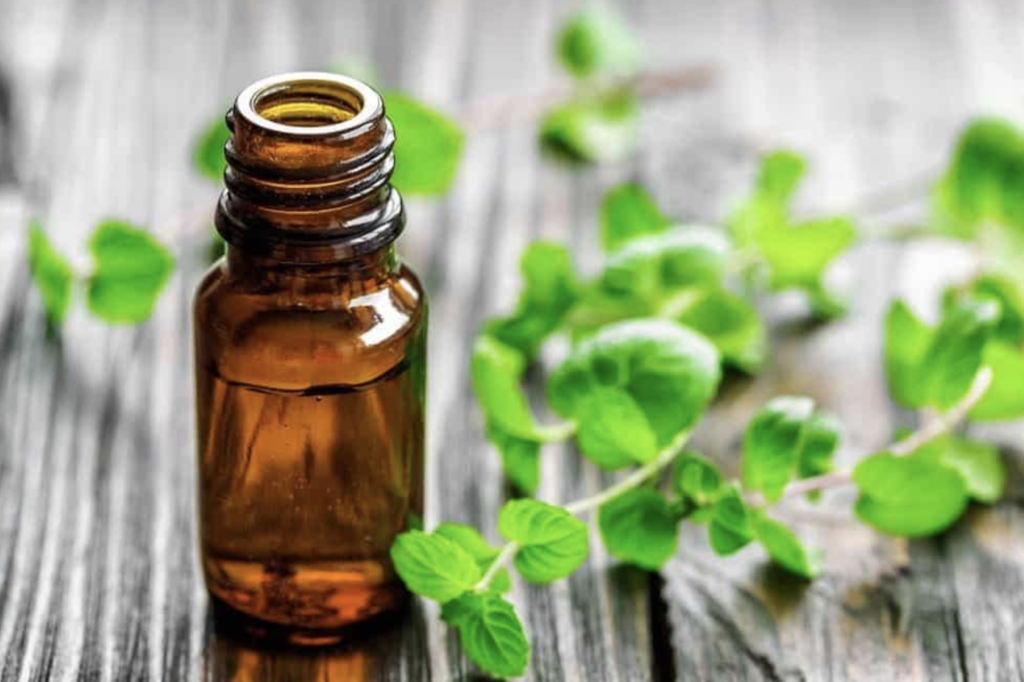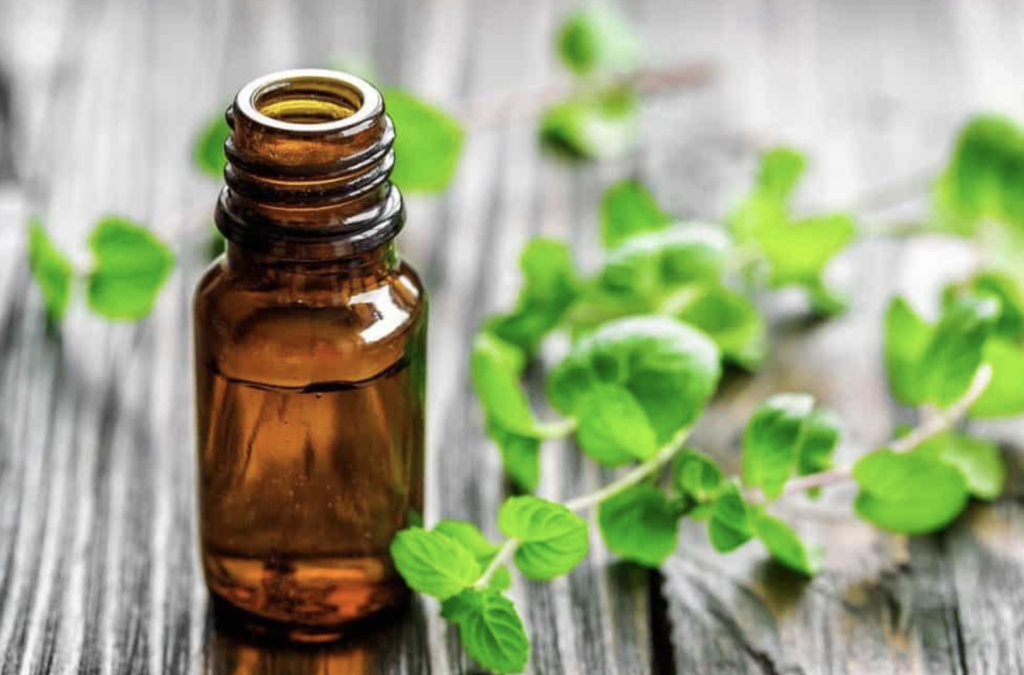Using essential oils for health and wellness may seem to be the latest trend, but it’s hardly new. Since ancient times, essential oils have been used for their beneficial effects on humans and animals, according to the study, “Essential Oils as Feed Additives – Future Perspectives,” published on the National Center for Biotechnology Information (NCBI) website. Essential oils have been widely used for anti-bacterial, anti-viral, insecticidal, anti-parasitical and anti-cancer purposes, the study says.
Simply put, essential oils support immunity and other functions of the body, creating a natural way for humans and animals to get healthy and stay healthy.

Essential oils – if you’re not familiar with them – are merely liquid, extracted from particular plants’ leaves, stems, fruits, roots or flowers that have healing properties. Oregano, thyme and cinnamon, for example, are effective anti-bacterials.
And by the way, essential oils don’t feel oily; they are called “oils” because they contain the oil-soluble chemicals in the plant that give them their therapeutic properties, according to the University of Minnesota’s Earl E. Bakken Center for Spirituality & Healing.
Natural Treatments for Livestock
The U.S. Food and Drug Administration encourages cutting back on some antibiotics in livestock to avoid exposing consumers to antibiotic-resistant bacteria, according to Kansas State University researchers. And many farmers and backyard chicken enthusiasts prefer to raise their animals organically or naturally, without using antibiotics.
Yet, bacteria and diseases can wreak havoc on animals, so prevention and healing methods are crucial to their health.
University researchers are finding that essential oils can play a role in livestock health, particularly as they study alternatives to antibiotics. For example:
- Essential oils from lemon and thyme help combat harmful bacteria in cattle stomachs, says a Kansas State study published in the Journal of Dairy Science and the Journal of Animal Science.
- Properties in essential oils from cinnamon can reduce salmonella contamination in poultry meat and eggs, reveals a University of Minnesota study.
- Essential oils in lavender inhibits growth of some staphylococcus bacteria and E. coli, according to the 2019 study, “Essential Oils as Antimicrobial Agents – Myth or Real Alternative?” published on the NCBI website.
- Essential oils improved feed digestibility in poultry and pigs, resulting in better nutrient absorption, according to the “Essential Oils as Feed Additives” study.
Essential oils can play a large role in keeping animals naturally healthy by boosting their immune system and warding off health problems, both minor and deadly.
However, essential oils are not a magic remedy that can erase poor care. Any animal needs appropriate nutrition, care, and shelter to allow it to thrive and live a humane, proper life.
Only the Best for Your Animals
At New Heritage Feed Co., our passion is animal health and wellness. We want what’s best for our customers and the animals they love, so you’ll find only the finest and highest-quality ingredients in our feeds.
We also give our feed something extra by adding essential oils, which have a proven track record of restoring and maintaining health. Our animal feed products bring this vast history and rich legacy of using natural, earth-given remedies to grow healthier, happier animals.

Recent Comments